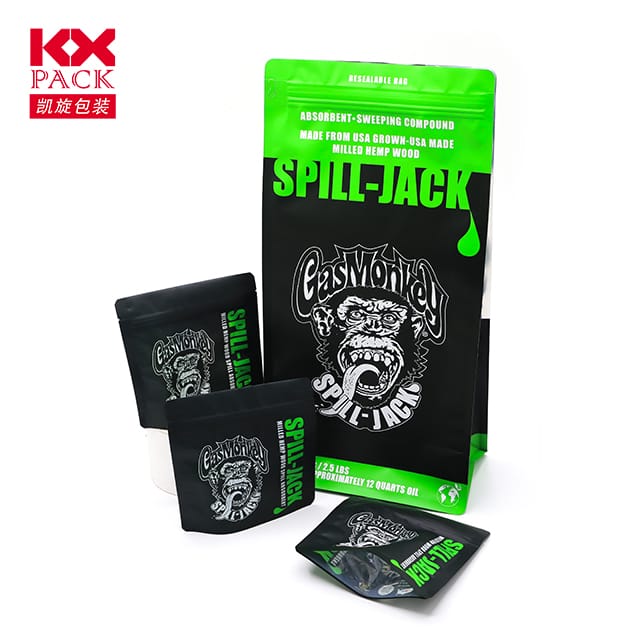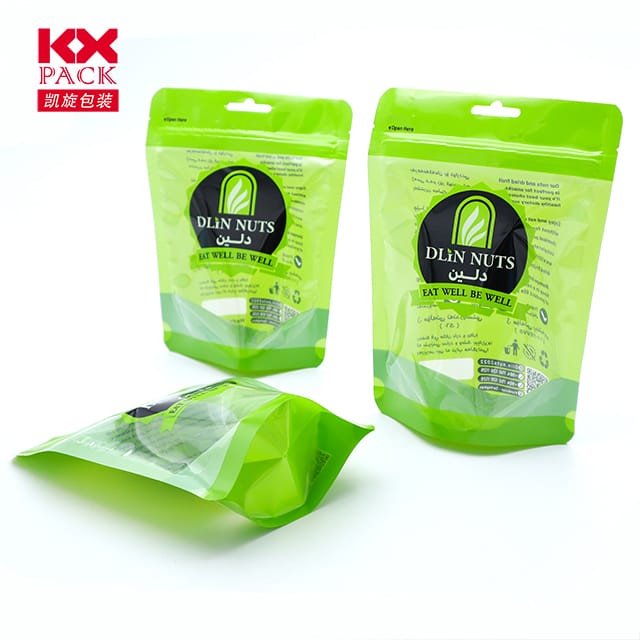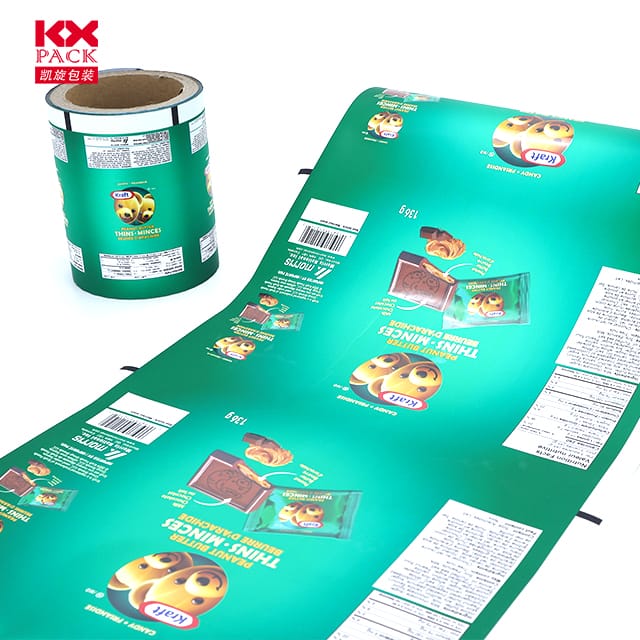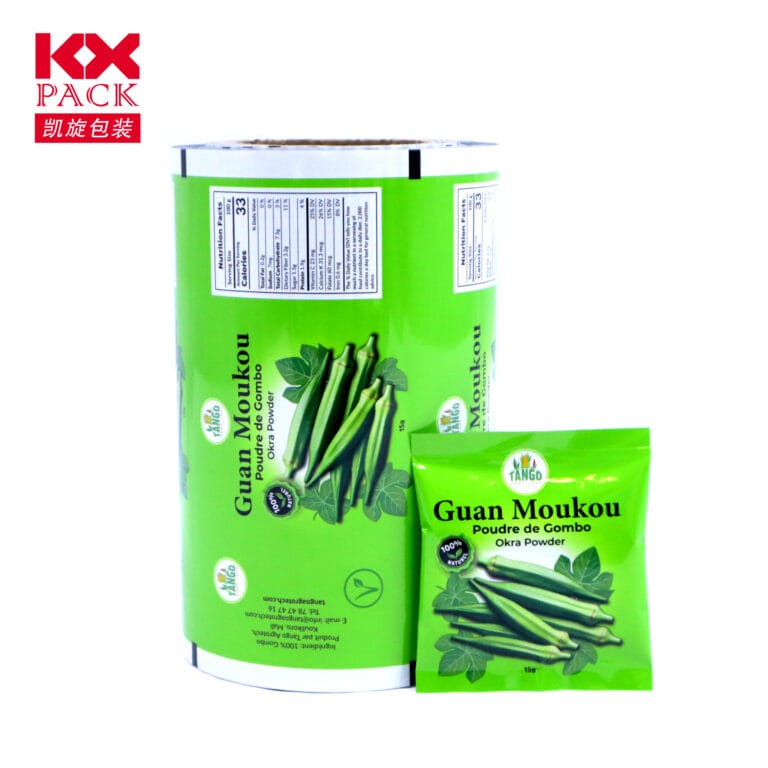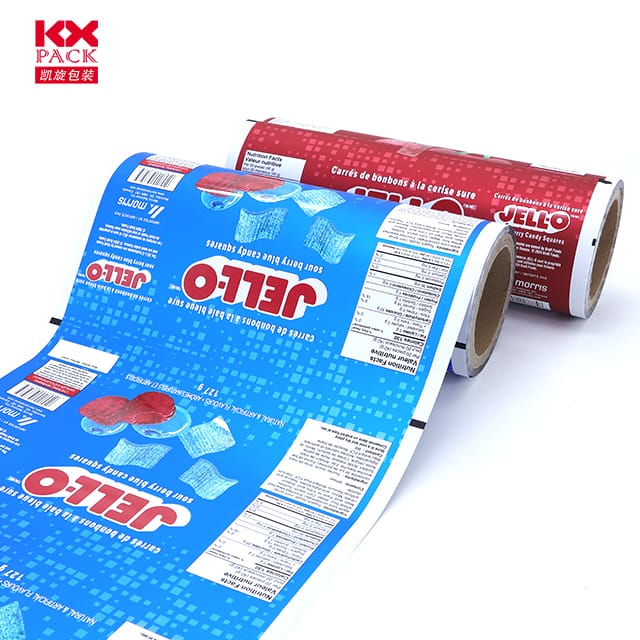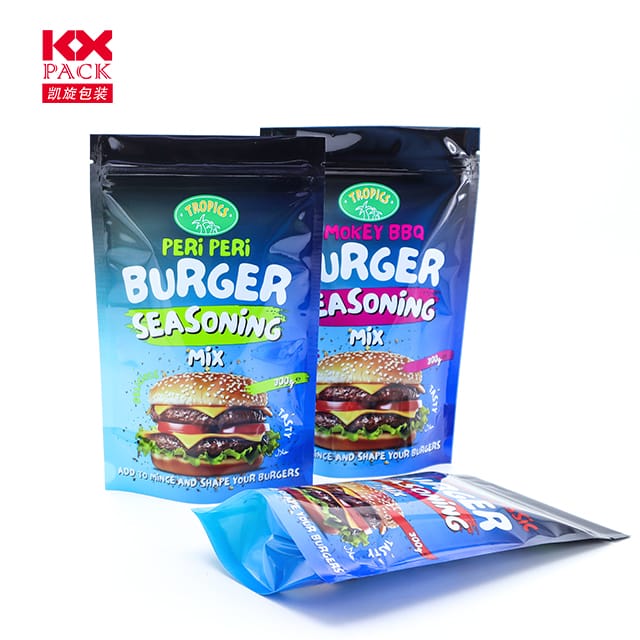كشف النقاب عن عالم فيلم الطباعة الرقمية: التطبيقات, فوائد, والاتجاهات
Digital Printing Film
In the fast-paced world of visual communication, digital printing film has emerged as a game-changer for businesses and creatives alike. من رسومات واجهة المتجر لافتة للنظر إلى ملصقات منتجات متينة, تجمع هذه الوسيلة متعددة الاستخدامات بين التكنولوجيا المتطورة والتطبيق العملي. دعنا نتعرف على ما يجعل فيلم الطباعة الرقمية أداة لا بد منها في التسويق والتصميم الحديث.
1. What is Digital Printing Film?
Digital printing film refers to thin, flexible plastic sheets (like PET, بولي كلوريد الفينيل, أو polypropylene) coated with a printable surface. Unlike traditional inkjet papers, these films are designed to withstand outdoor elements, making them ideal for:
- Short-term promotions (على سبيل المثال, sale banners, event signage).
- Product labeling (ضد للماء, oil-resistant stickers).
- Decorative applications (window graphics, wall murals).
- Industrial uses (membrane switches, control panels).
The magic lies indigital printing technology, which allows for on-demand, high-resolution designs without the need for printing plates or lengthy setup times.
2. Key Advantages Over Traditional Methods
Why are brands ditching screen printing for digital film? Here’s why:
| ميزة | Digital Printing Film | Traditional Methods |
|---|---|---|
| Turnaround Time | 24–48 hours (no drying time) | Weeks (plating, setup) |
| كفاءة التكلفة | Affordable for small batches | High setup costs for low quantities |
| التخصيص | Full-color gradients, صور, variable data | Limited color options, no complexity |
| Eco-Friendliness | Solvent-free inks, recyclable materials | Harsh chemicals, more waste |
3. Top Applications Across Industries
- بيع بالتجزئة & Advertising: Vibrant window clings, floor graphics, and hanging banners.
- السيارات: Custom car wraps, decals, and protective films.
- التعبئة والتغليف: Durable labels for food, مستحضرات التجميل, والإلكترونيات.
- Architecture: Decorative wall films and privacy screens.
- الرعاية الصحية: Sterilizable labels for medical devices.
دراسة الحالة: A coffee chain used digital film to create seasonal window graphics, boosting foot traffic by 30% during holiday campaigns.
4. Choosing the Right Film Type
لا يتم إنشاء جميع الأفلام على قدم المساواة. Key factors to consider:
- مواد:
- حيوان أليف: لامع, scratch-resistant (best for outdoor use).
- بولي كلوريد الفينيل: مرن, conformable (ideal for curved surfaces).
- البولي بروبلين: Matte finish, فعالة من حيث التكلفة (indoor signage).
- Adhesive: Permanent, removable, or repositionable glue.
- سماكة: 3–5 mil for stickers; 5–8 mil for durable outdoor signs.
- ينهي: Gloss, غير لامع, or textured for tactile appeal.
5. Future Trends to Watch
- الاستدامة: Biodegradable films and water-based inks.
- أفلام ذكية: Interactive prints with QR codes or NFC tags.
- UV-Cured Printing: Instant curing for faster production.
- 3D Textures: Embossed effects mimicking leather or fabric.
Market Insight: The digital printing film market is projected to grow 6.8% annually through 2030, driven by eco-conscious branding and short-run customization needs.
6. Best Practices for Success
- Design for Bleed: Leave 1/8” extra space to avoid white edges after trimming.
- Test Samples: Order a small batch to check color accuracy and adhesion.
- Lamination: Add a matte/gloss overlay for extra UV protection.
- Work with Experts: Partner with a supplier offering color profiling and material certification.
استنتاج
Digital printing film isn’t just a material—it’s a bridge between creativity and practicality. Whether you’re a startup needing affordable signage or a Fortune 500 company revamping product labels, this technology delivers speed, المرونة, and stunning visuals.
Ready to transform your next project? Explore the endless possibilities of digital printing film today! 🖨

